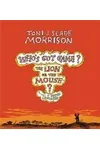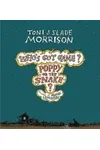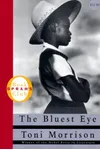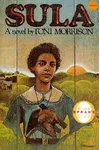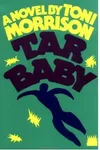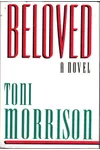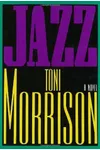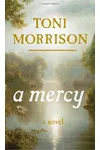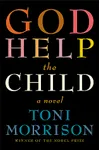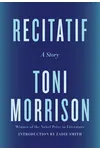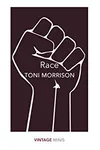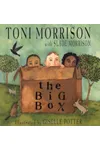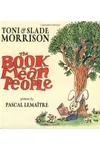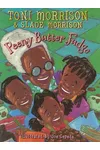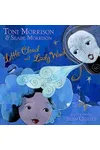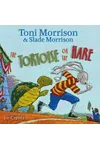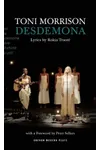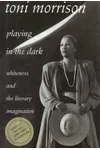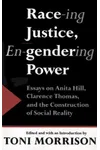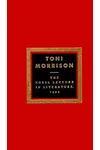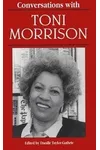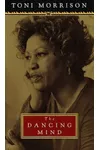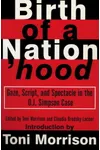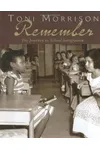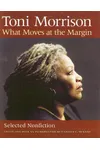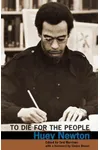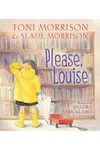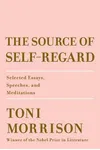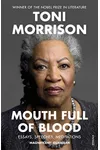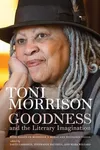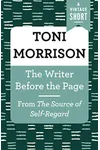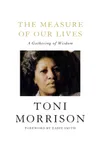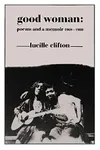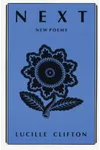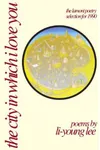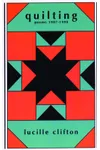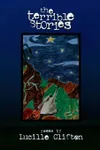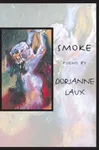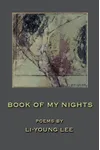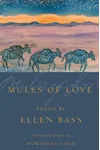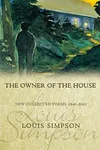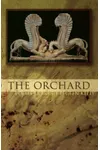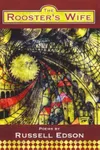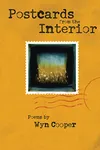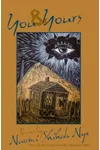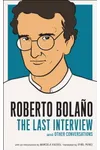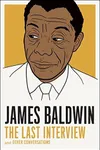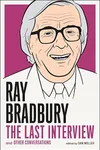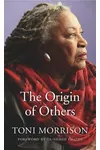Picture an American storyteller who wove the pain and beauty of the Black experience into unforgettable novels—meet Toni Morrison! With her lyrical prose and fearless exploration of history, Morrison didn’t just write books; she crafted timeless stories that resonate across generations. From her Nobel Prize-winning masterpiece Beloved to her profound cultural impact, her work is a literary treasure.
Born in 1931 in Lorain, Ohio, Morrison grew up in a world rich with stories, music, and the realities of racial injustice. Her unique voice—poetic, raw, and deeply human—made her one of the most celebrated authors of the 20th century. Let’s dive into the life and legacy of this literary giant!
The Making of Toni Morrison
Toni Morrison, born Chloe Ardelia Wofford, was raised in a tight-knit African American community. Her parents, steeped in folklore and oral traditions, sparked her love for storytelling. After excelling at Howard University and Cornell, Morrison entered publishing, championing Black authors as an editor at Random House. Her own writing career began with The Bluest Eye (1970), a haunting debut that tackled beauty standards and systemic racism.
Balancing motherhood and work, Morrison wrote in the early mornings, her discipline shaping her bold, unflinching voice. Her experiences as a Black woman in America fueled her stories, blending personal and historical narratives with a poetic edge that captivated readers worldwide.
Toni Morrison’s Unforgettable Stories
Morrison’s novels are a masterclass in storytelling, blending vivid characters, rich symbolism, and themes of identity, slavery, and resilience. Beloved (1987), her most famous work, is a heart-wrenching tale of a formerly enslaved woman haunted by her past. Inspired by a true story, it won the Pulitzer Prize and solidified her literary stature.
Her trilogy—Beloved, Jazz (1992), and Paradise (1997)—explores Black life across different eras. Jazz pulses with the rhythm of 1920s Harlem, weaving a tale of love and betrayal, while Paradise examines community and exclusion in an all-Black town. Other gems like Song of Solomon (1977) blend myth and reality, earning the National Book Critics Circle Award. Morrison’s style, often compared to jazz, is lyrical yet precise, inviting readers to feel the weight of history through intimate, human stories.
Her work transcends genre, merging literary fiction with historical and cultural commentary. Whether exploring motherhood, trauma, or freedom, Morrison’s prose is both accessible and profound, making her a favorite among readers and scholars alike.
Why Toni Morrison Matters
Toni Morrison’s impact is immeasurable. As the first African American woman to win the Nobel Prize in Literature (1993), she shattered barriers, proving Black stories belong at the forefront of global literature. Her novels gave voice to marginalized experiences, inspiring writers like Ta-Nehisi Coates and Jesmyn Ward. Beyond fiction, her essays and speeches on race and culture remain essential reading.
Morrison’s legacy lives on in classrooms, book clubs, and hearts worldwide. Her fearless storytelling challenges us to confront history while celebrating the resilience of the human spirit. She passed in 2019, but her words continue to shape how we understand identity and justice.
About Toni Morrison
- Born: February 18, 1931, Lorain, Ohio
- Key Works: The Bluest Eye, Song of Solomon, Beloved, Jazz, Paradise
- Awards: Pulitzer Prize (1988), Nobel Prize in Literature (1993), Presidential Medal of Freedom (2012)
- Died: August 5, 2019
Ready to explore Toni Morrison’s world? Grab Beloved or Song of Solomon and dive into her lyrical, soul-stirring stories!

